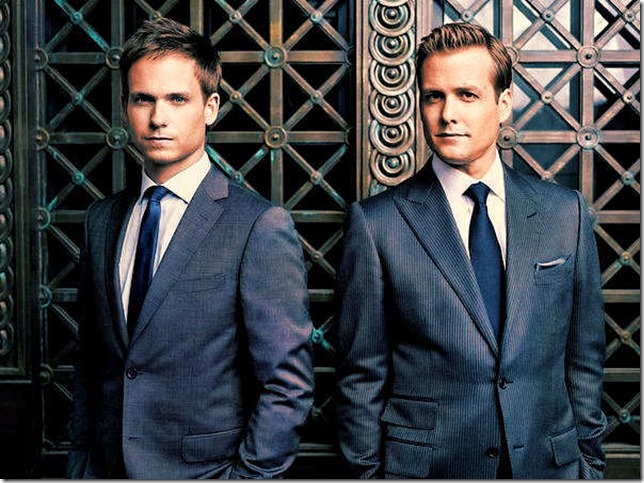
Shakespeare’s Dick in Henry VI says: the first thing we do, let’s kill all the lawyers. I wonder what he would say about what’s going on in the legal profession.
One of my recent convictions is that computing systems will transform almost all occupations based on the ability to process, digest, and recall information.
If your job is to read a lot, understand what you read and then offer a summary, then your long-term employment prospects are uncertain.

One of my favorite TV shows is “Suits”. Mike Ross, one of the two main characters has the magical gift of perfect memory. In other words, he is a perfect computer.

But in a few years, wearable computing will emerge, high bandwidth wireless networking will become available, practically infinite storage is already here and with ongoing improvements in search, we will all be like Mike. His unique gift will be, well, not so unique.
I originally thought medicine would be affected first. Medicine is very poorly managed. Most people are healthy. A trained practitioner can treat most people. The medical system should have a large number of cheaper employees filtering out healthy people who need experts to expensive doctors But instead we have very expensive professionals doing very menial work.
Of course, as I have learned in the last decade, the American Medical Association (AMA) is a powerful guild. The AMA and fear makes it very difficult to change the medical profession.
But I should have looked at the legal profession. What’s interesting to see is that lawyers, although essential, are not necessary. In other words, you are not required to use a lawyer to interact with the law. You are about 1000x better off if you can use one, but you are not required to.
In this article:
http://www.nytimes.com/2013/03/08/education/law-schools-look-to-medical-education-model.html?pagewanted=all&_r=0
The plan is one of a dozen efforts across the country to address two acute — and seemingly contradictory — problems: heavily indebted law graduates with no clients and a vast number of Americans unable to afford a lawyer.
This paradox, fed by the growth of Internet-based legal research and services, is at the heart of a crisis looming over the legal profession after decades of relentless growth and accumulated wealth. It is evident in the sharp drop in law school applications and the increasing numbers of Americans showing up in court without a lawyer.
“It’s a perfect storm,” said Stacy Caplow, a professor at Brooklyn Law School who focuses on clinical education. “The longstanding concerns over access to justice for most Americans and a lack of skills among law graduates are now combined with the problems faced by all law schools. It’s creating conditions for change.”
we see a disruption in real-time. Cheaper, good enough, alternatives are creating pricing pressure on lawyers. Essentially people are choosing to go it alone using software.
What is accelerating this process is, in the short-term is, the great recession. People have legal issues and have less money so they look to low-cost alternatives. The long-term prognosis is also grim. The increasingly poorer middle class will continue to look for cheaper solutions over the long haul. This will continue to push down prices.
I wonder if we are seeing the same process I talked about in medicine happening in law. Many matters being handled cheaply by computers and software, and only the more complex matters requiring human lawyers.
In this world we may have fewer and fewer higher priced lawyers handling a smaller set of more complex cases. Which means that over the next 20 years, the legal profession will look very different from what it does today.





